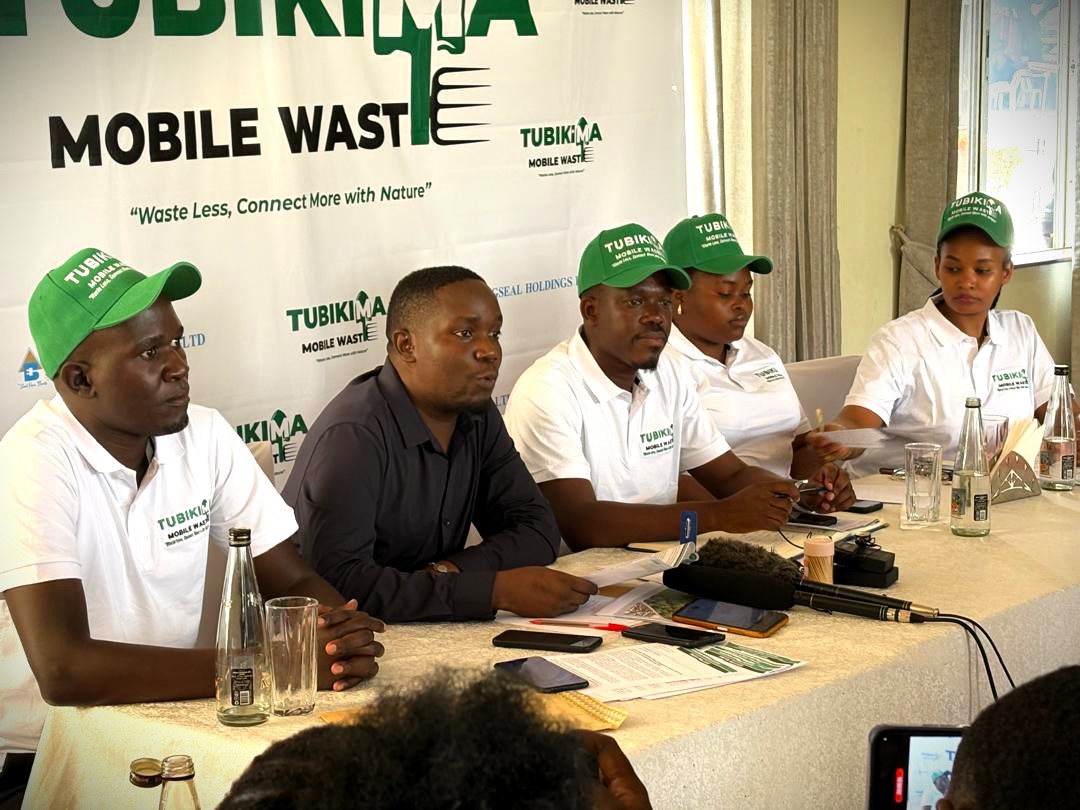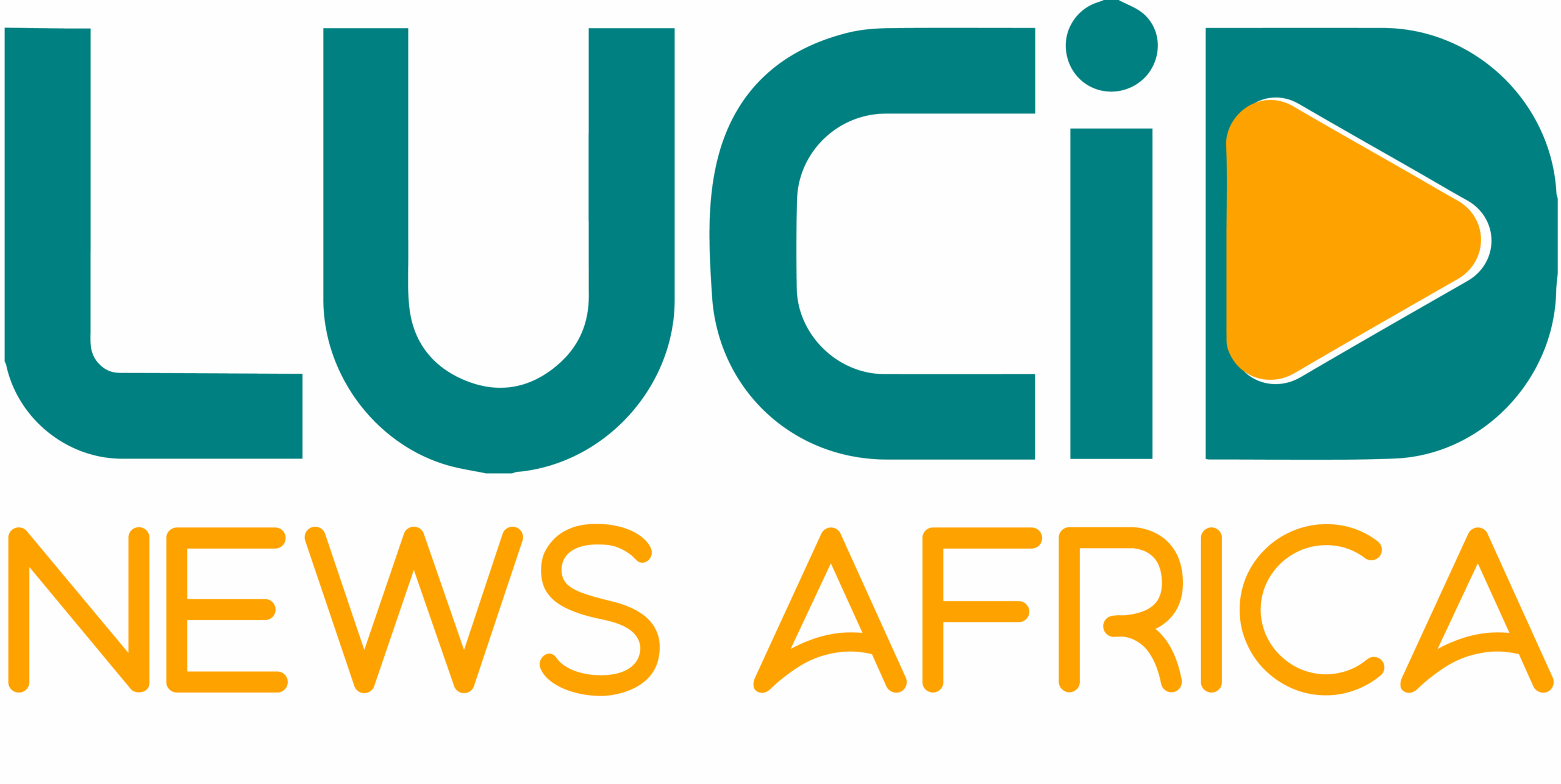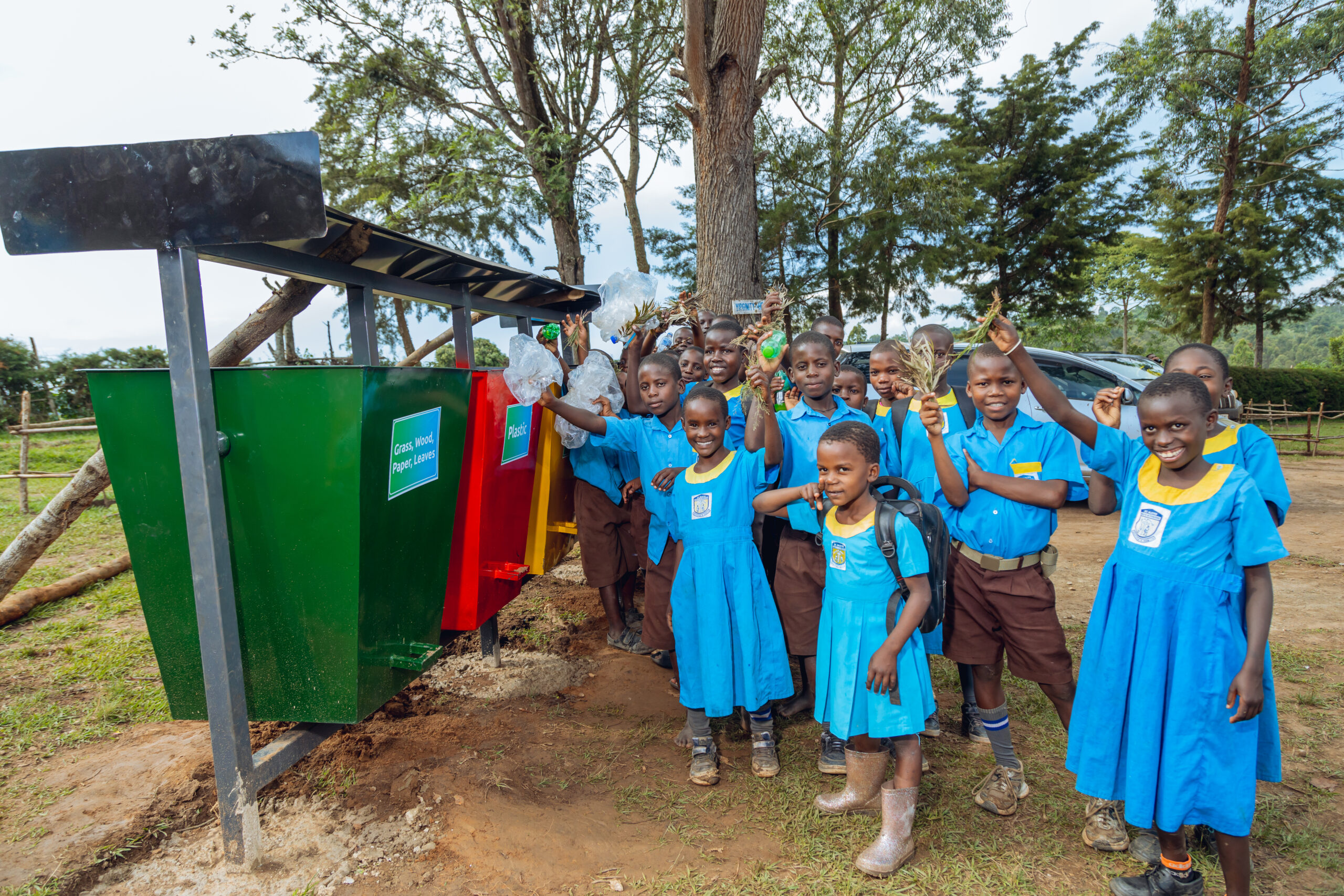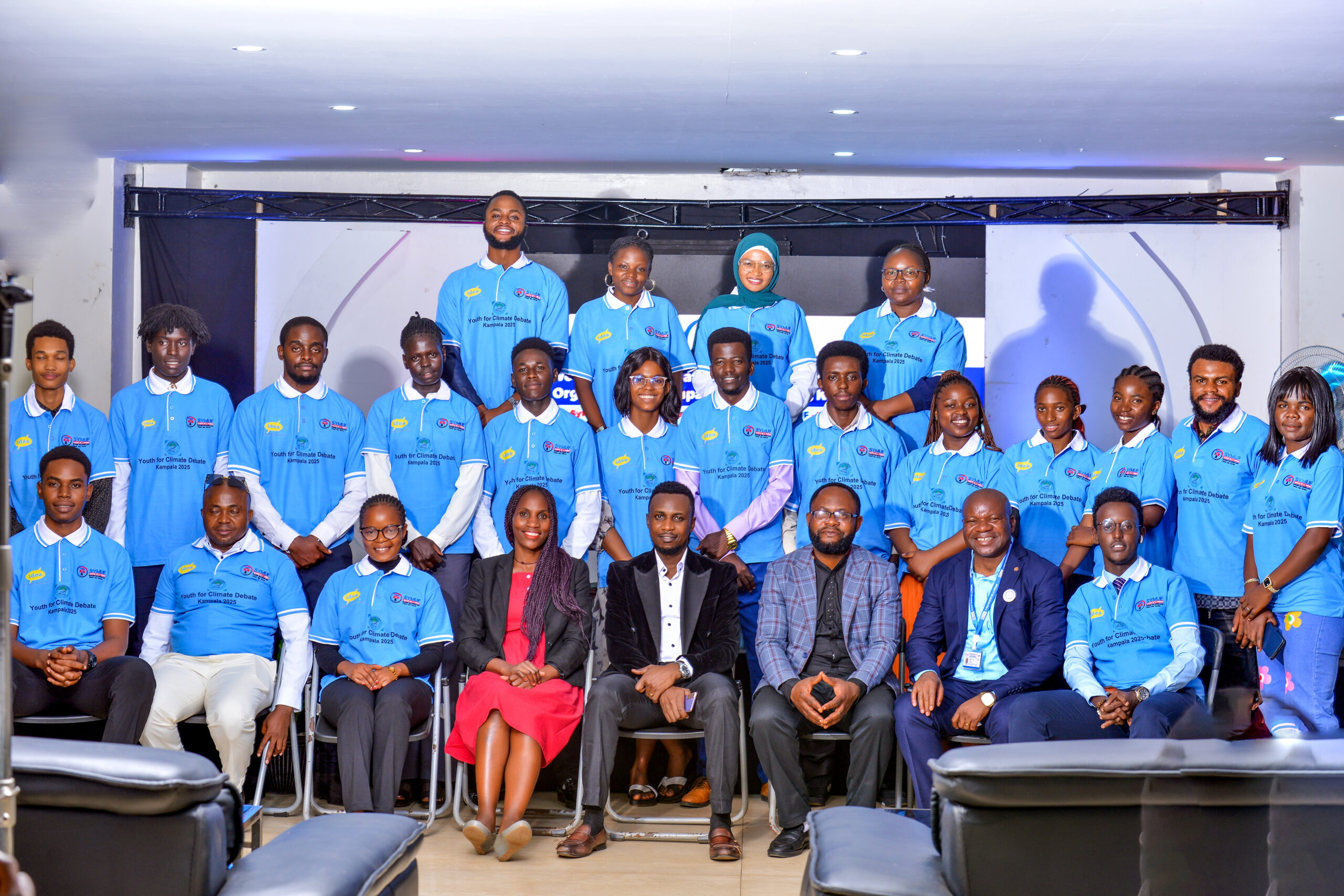Turning trash into jobs, energy and clean streets with Tubikima App

The Tubikima team during their press conference on 31st July 2025
Uganda is making an unprecedented move to tackle its long-standing waste crisis with the launch of Tubikima Waste, a groundbreaking initiative from Big Seal Holdings that fuses digital innovation, environmental sustainability, and economic empowerment.
At the center of this revolution is the Tubikima mobile application, now available on Android and iOS platforms. The app empowers residents and businesses to schedule waste pickups, track collection in real time, and make electronic payments, marking the end of inconsistent, informal, and unregulated garbage disposal methods that have plagued urban Uganda for decades.
But Tubikima is more than just a tech fix; it’s a national recovery strategy disguised as a mobile app.
“We’ve spent over six years researching global waste solutions in Europe, North America, the Middle East and we’ve adapted the best for Uganda,” said John Peter Katumba, CEO of Big Seal Holdings and one of the app’s co-creators.
From trash to transformation
Uganda has long suffered from waste-related disasters—flooded roads, blocked drainage, rising disease outbreaks, all linked to unmanaged plastics and poor urban sanitation. Despite billions in infrastructure funding, experts warn that without modern waste management, Uganda’s urban growth is unsustainable.
Tubikima Waste is stepping in with a full-circle model: front-end digital logistics connected to a state-of-the-art back-end resource recovery park. The system is designed to handle every step; collection, sorting, recycling, processing, and energy conversion.
- Organic waste will be transformed into biogas and organic fertilizer, directly benefiting Uganda’s agriculture sector, which supports 76% of the population.
- Recyclables like plastics, paper, glass, and metals will be sorted and returned to manufacturing, fueling Uganda’s growing green industries.
- Residual waste will be processed via high-efficiency incineration to generate electricity. Even the ash will be reused in brick, tile, and road material production—reinforcing a zero-waste philosophy.
“We are not just solving a collection issue; we are redesigning Uganda’s waste economy from the ground up,” said Simola Robert, spokesperson for Big Seal Holdings. “Our goal is to show that waste, when treated correctly, is a national resource.”
Jobs in every Town
Tubikima’s model goes beyond environmental protection, it’s also a youth employment engine. Uganda has 2,184 towns and municipalities. By deploying just two tricycles (locally known as tukutuku) per town and each operated by a 4-person team, the company expects to create over 17,000 jobs in its first phase alone.
Roles include drivers, waste handlers, payment collectors, and community engagement officers. Big Seal is also encouraging citizens to acquire tricycles through community savings groups (SACCOS) and municipal partnerships, empowering locals to take ownership of their clean environment.
“When people fall sick, it’s often because of dirty surroundings,” said Katumba, who has a background in the medical field. “If we clean our neighborhoods, we reduce medical bills, we save lives, and we uplift livelihoods.”
Tubikima Waste is calling on residents, businesses, institutions, and local governments to join the movement by downloading the app, adopting smart waste practices, and collaborating to keep Uganda clean.
The initiative is also open to investment partnerships from both local and international stakeholders interested in sustainable infrastructure, clean energy, and environmental technology.
“This isn’t just a project. It’s a movement,” said Robert. “With the right support, Tubikima can become a model not just for Uganda, but for the entire continent.”




